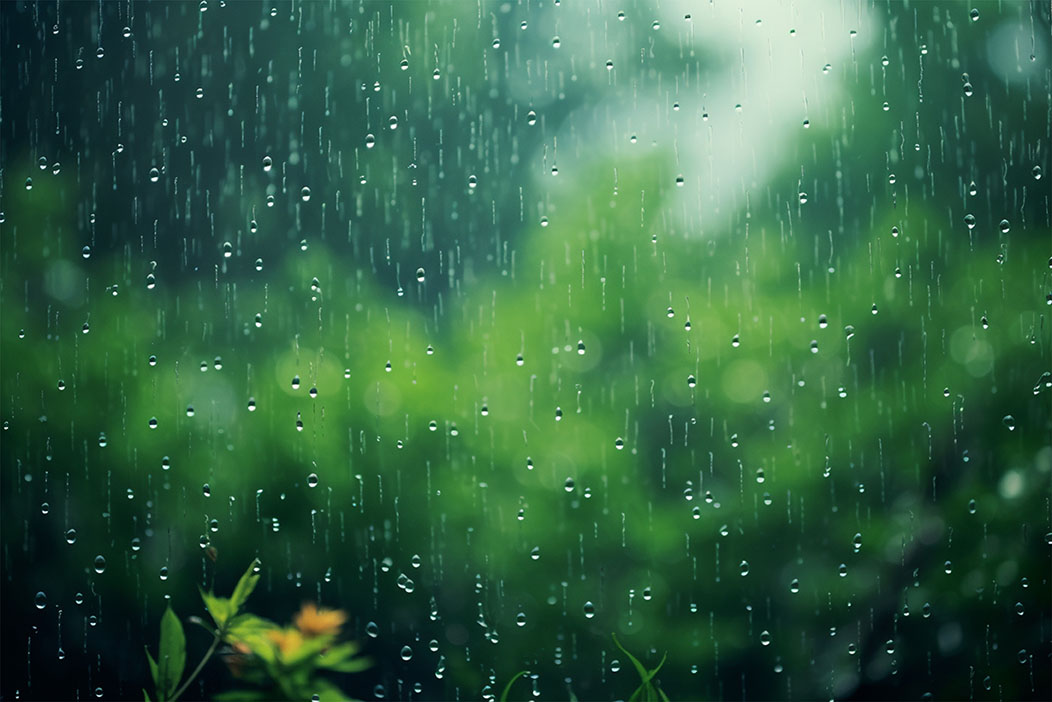

A monsoon is a seasonal wind that brings heavy rains to a region. Monsoons occur in many parts of the world, including India, Southeast Asia, and Australia.
Monsoons are caused by the difference in temperature between the land and the ocean. In the summer, the land heats up faster than the ocean. This causes the air above the land to rise, creating an area of low pressure. The air above the ocean is then drawn towards the land, bringing with it moisture from the ocean.
When the moisture-laden air reaches the land, it rises and cools. This causes the water vapour to condense and form clouds. The clouds then release the water as rain, which falls on the land.
Monsoons are an important source of water for many parts of the world. They help to irrigate crops and provide drinking water for people and animals. However, monsoons can also be destructive. Heavy rains can cause flooding and mudslides, which can damage property and displace people.
The monsoon winds bring much-needed rain to the Indian subcontinent.

Noun: A seasonal wind system that reverses direction between summer and winter.
Adjective: Relating to or characteristic of a monsoon.
Verb: To cause a monsoon.
The word "monsoon" comes from the Arabic word "mausim," which means "season." The word "mausim" was borrowed into Portuguese as "monção," and then into English as "monsoon.".
The word "monsoon" was first used in English in the 16th century to describe the seasonal winds in the Indian subcontinent. The monsoon winds bring much-needed rain to the Indian subcontinent in the summer, but they can also cause flooding and other damage.
What is a monsoon?